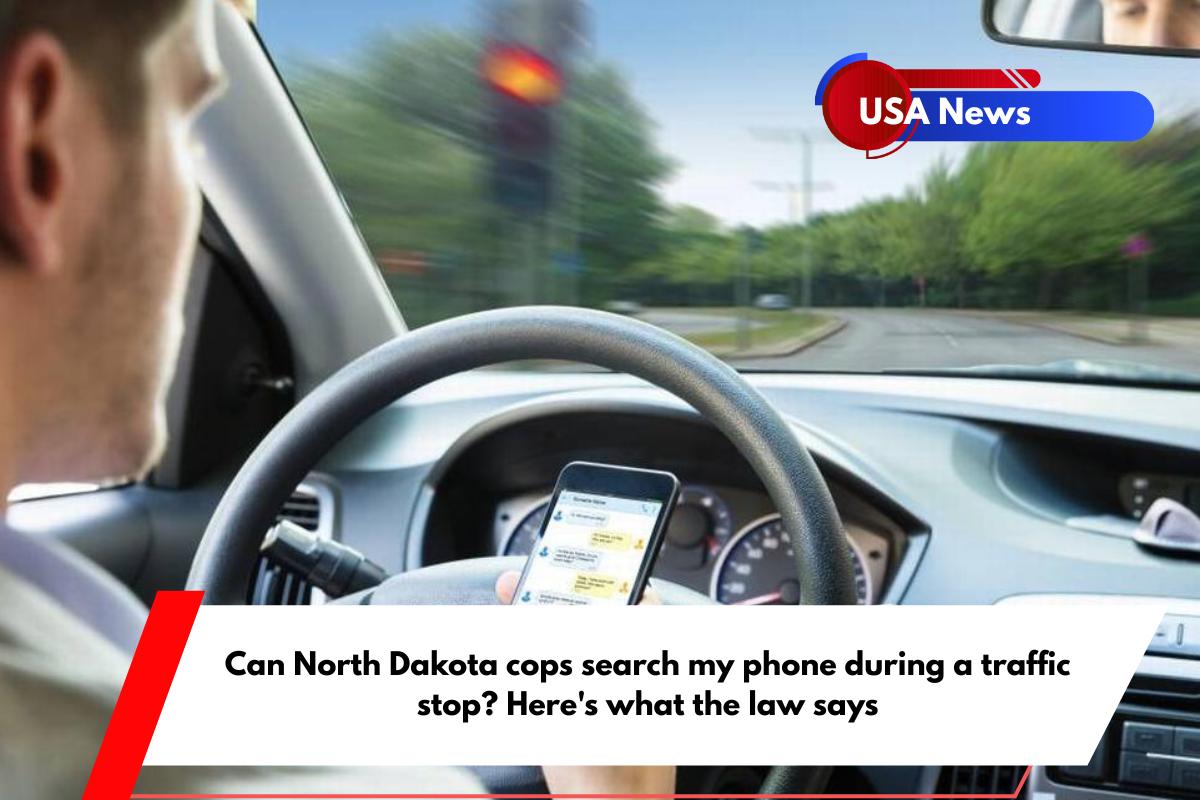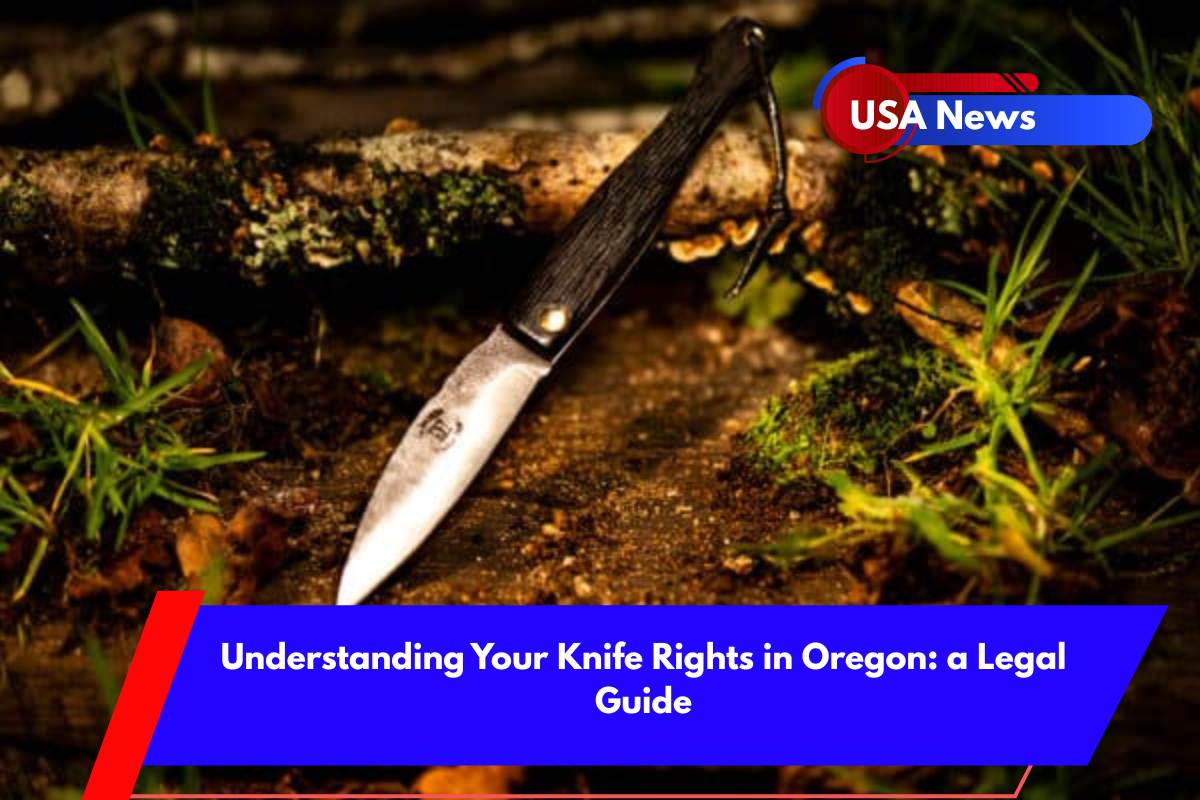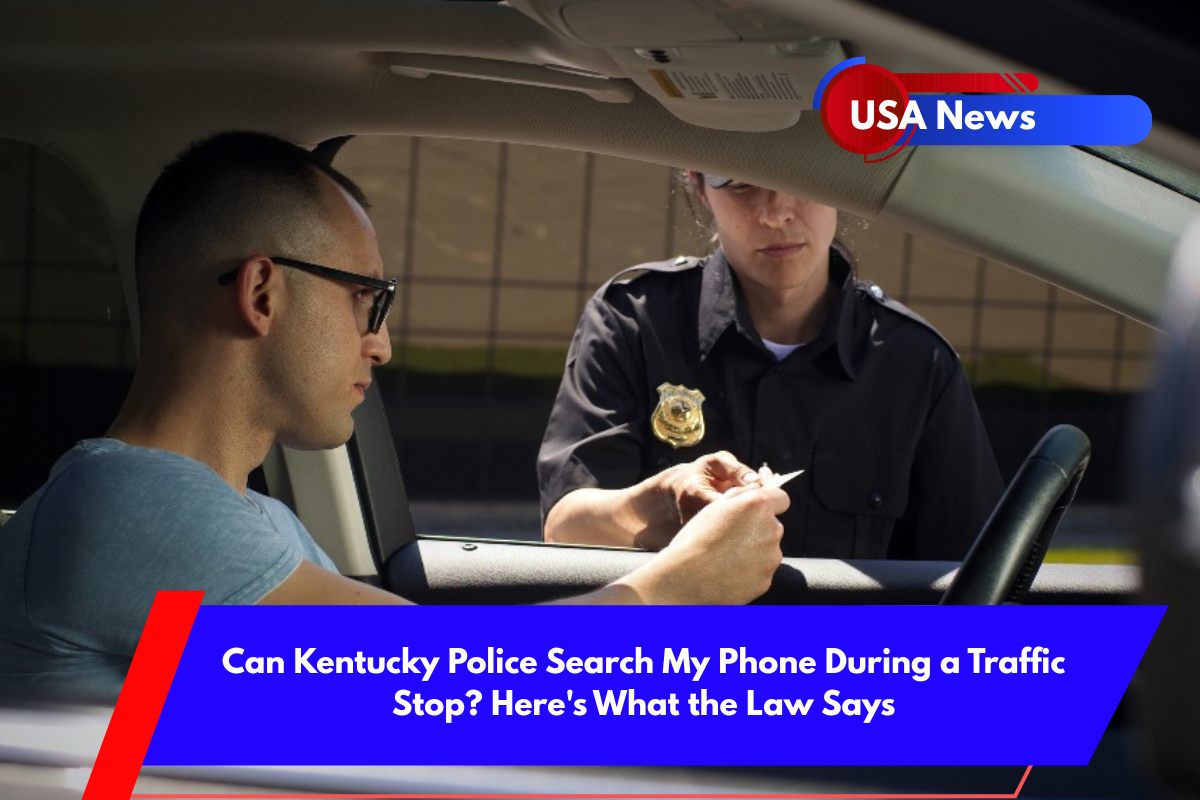In North Dakota, police generally cannot search your phone during a traffic stop unless they have a valid reason, such as your consent, a warrant, or a rare legal exception.
The Fourth Amendment of the U.S. Constitution protects you from unreasonable searches and seizures, which includes your cell phone. Knowing your rights during a traffic stop can help you stay informed and protect your privacy.
The Fourth Amendment and Your Phone
The Fourth Amendment ensures that individuals are protected from unreasonable searches and seizures. This means that police cannot search your phone during a traffic stop without meeting certain legal requirements, such as obtaining your consent, having a warrant, or meeting a specific exception.
When Can Police Search Your Phone?
Here are some key situations where police might be able to search your phone:
1. With a Warrant
Police can search your phone if they have a warrant. A warrant must be granted by a judge, and they must show that there is probable cause to believe that evidence of a crime is on your phone.
2. With Your Consent
If you voluntarily give police permission to search your phone, they can do so. However, you are not required to consent to a search, and it is your right to refuse.
3. Search Incident to Arrest
Generally, police cannot search your phone just because you were arrested. In the 2014 Supreme Court case Riley v. California, the Court ruled that police need a warrant to search your phone after an arrest.
4. Exigent Circumstances
In rare cases, police may search your phone without a warrant if there is an immediate threat to safety or a risk that evidence could be destroyed. However, these situations are very limited and are strictly regulated by the courts.
5. Abandonment
If you abandon your phone, police may be able to search it. However, the state must prove that you intended to abandon the phone, and it is not enough to simply leave it behind.
What Should You Do If Asked?
You have the right to refuse consent if police ask to search your phone. Politely tell them that you do not consent to any search. You also have the right to keep your phone locked and private, and you do not have to unlock it for police unless they have a warrant or you voluntarily agree.
Important Notes:
If you are arrested, police generally still need a warrant to search your phone.
You can record your interaction with the police, as long as you do not interfere with their duties.
If your rights are violated, evidence from an illegal search may be excluded from court.
Special Cases
Probationers and Parolees
If you are on probation or parole, your rights to privacy may be more limited. The terms of your probation or parole may allow police to search your phone more easily.
Lost or Abandoned Phones
If police believe you have abandoned your phone, they may attempt to search it. However, courts require clear evidence that you intended to abandon the phone, and it cannot be based on assumptions.
Sources:
1. https://www.govtech.com/public-safety/can-police-search-your-phone-during-a-traffic-stop
2. https://www.reichertlaw.com/blog/2025/01/3-legal-rights-during-a-traffic-stop/
3. https://law.und.edu/_files/docs/ndlr/pdf/issues/96/1/96ndlr81.pdf
4. https://www.duseklaw.com/blog/2024/07/traffic-stops-can-lead-to-illegal-search-and-seizures/













